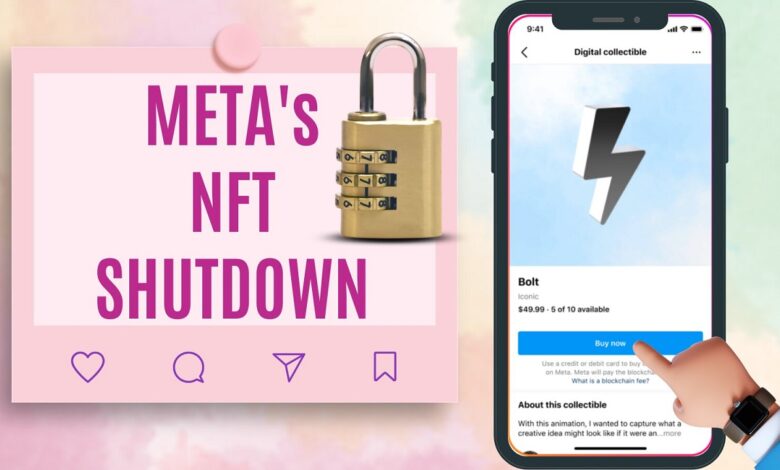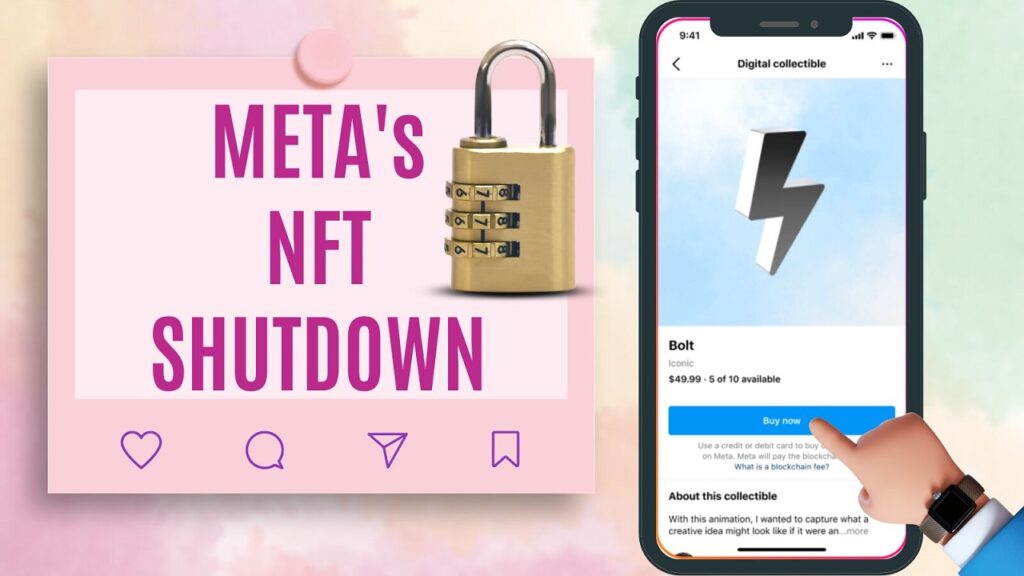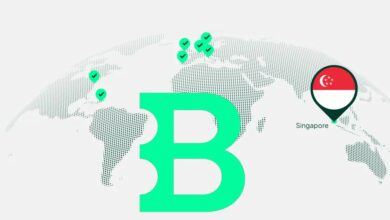Meta’s NFT Shutdown: A Sign of Waning Interest in Digital Collectibles?

On Monday, Stephane Kasriel, who is in charge of commerce and financial services at Meta, announced on Twitter that the company will be ceasing its promotion of digital collectibles (NFTs) on Facebook and Instagram for the time being. This decision is being made to redirect the company’s efforts towards finding other means to aid creators, individuals, and enterprises.
Meta initiated the testing of its Digital Collectibles feature in May 2022, and subsequently made a major announcement in August 2022, where Instagram’s NFT trials were launched in more than 100 countries. Furthermore, they introduced wallet connection features for Instagram users in the US in September, and finally, in November, unveiled Instagram’s in-built NFT marketplace on the Polygon blockchain, which was yet another significant development.
But, with only four months into the initiative, Kasriel’s recent announcement of the NFT shutdown and the company’s pivot towards decentralized social media platforms, content monetization, and Meta pay is being viewed as a setback within the NFT community.
Despite the uncertainty faced by creators who have invested their time and energy in the NFT Marketplace, there may still be hope on the horizon. Meta has pledged to continue collaborating with NFT and Web3 content creators who utilize its set of tools to foster the expansion of their communities.
The Wall Street Journal recently reported that Meta intends to implement several rounds of layoffs in the near future, reallocating resources from certain New Product Experimentation groups and directing them towards the most impactful opportunities. As a result, the Facebook and Instagram NFT project appears to be the initial casualty of this decision.
Why Meta’s Decision to Pull the Plug on Instagram NFTs is a Setback for the Creator Economy

Several notable figures in the cryptocurrency space have weighed in on the news. Sam, aka NFTStatistics, who is the Director of Research at Proof, opined that it appears the process of introducing regular individuals to the world of collecting is excessively challenging and currently not worthwhile for businesses that are not fully dedicated to the sector.
Genia Mikhalchenko, formerly the vice-president of spot exchange at Bitmex, deemed it a significant missed opportunity. The integration of Instagram’s NFT market was one of the few web2 partnerships that made sense and could have brought millions of people into the ecosystem. He added that it was not surprising to see Meta fall short on this matter since they are not designed to be innovative.
Celi Rivas Stücken, the Head of Marketing at “Crypto Tech Women,” stated that, on the one hand, it feels like a significant loss because everyone understands the potential of NFTs, both in terms of technology and the creator economy. On the other hand, it serves as a useful reminder that founders and brands must focus on their core strengths rather than attempting to do everything.
Another Twitter user summarized that the primary reason for the lack of success was the failure to onboard users to the technology. Onboarding and education should be fundamental components of any mass web3 integration.




